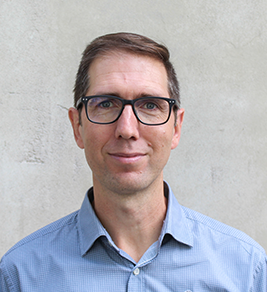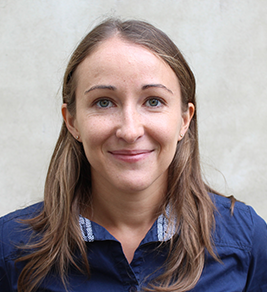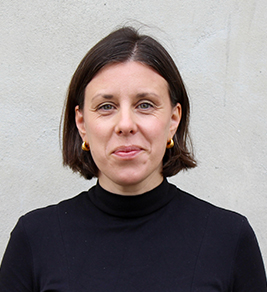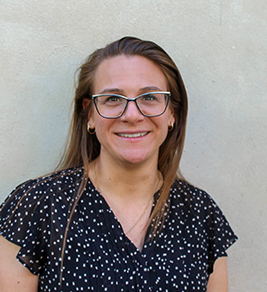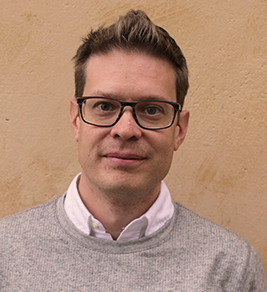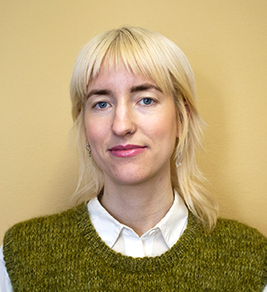Representing 30% of its population and over 80% of its territory, EU rural areas are facing simultaneous demographic, climate, economic, social and environmental changes. Addressing these issues requires a precise understanding of what rural areas are and what challenges rural communities are facing today.
Currently, established definitions of rural areas lean on the population density or size of rural settlements. These classifications do not provide sufficient insights into the dynamics, drivers and fluidity of contemporary diverse rural-urban relations and identities that characterise ruralities across Europe. However, the lack of data at a fine-grained scale frequently prevents characterisations of rural areas based on their functional characteristics.
Building on an updated conceptualisation of rurality based on the multi-dimensional nature of contemporary rural-urban interrelations and interdependencies, the interdisciplinary approach in GRANULAR generates new approaches and methods to characterise rural diversity. Based on insights from Multi-Actor Labs, the project performs novel analyses, indicators and datasets using a wide range of methods and primary data, including remote sensing, crowd-sourced data, mobile phone data and web-scraping.
Innovative data are to be combined with a variety of existing institutional layers of information to derive indicators measuring rural resilience, well-being, quality of life and attractiveness. These are relevant for rural communities and enable for the implementation of the Long-Term Vision for Rural Areas (LTVRA). After ensuring the up-scalability of the results, datasets, visualizations and other tools will be directly available on a dedicated platform designed by and for rural actors.
Nordregio’s contribution to GRANULAR focuses on the characterisation of rural diversity. Our research explores salient territorial dynamics within European rural areas and produces relevant indicators covering economic, social and environmental aspects. These indicators contribute to the empowerment of European rural people and sustainable development of rural communities in the process of just, digital, economic and ecological transitions, with a particular focus on women, young people, minorities and vulnerable groups.

